Aussie car industry warns against EV incentives, encourages CO2 standards
Don’t go all-in on electric vehicles.
That’s the call to the federal and state governments from the Australian new-car industry concerned there’s too much focus on building EV sales and not enough on CO2 emissions and cleaning up the internal combustion engine vehicles most Australians still buy.
Specifically, car brands want a mandatory carbon-dioxide emissions standard introduced by the federal government as soon as possible.
At the moment, Australia is one of the few countries in the developed world that does not have some sort of standard for CO2 emissions and a plan to reduce them over time.
EV CALENDAR: Every new electric car due soon
EV FAQ: Your electric car questions answered
EV YEAR AHEAD: Every new electric car coming to Australia in 2022
CO2 is a key contributor to global warming and the developing climate crisis.
With the federal government showing no interest in addressing the CO2 issue ahead of an election due by May, state governments – led by NSW – have been introducing incentives for the take-up of emissions-free EVs.
FULL DETAILS: Complete guide to rebates, discounts and incentives when buying an EV in Australia
But the car makers represented in Australia, and their peak body the Federal Chamber of Automotive Industries (FCAI), say this decentralised approach ignores ICE vehicles and is the wrong course.
“We have seen a number of states and territories go down their own path,” said FCAI chief Tony Weber. “Australia is too small to have eight different jurisdictions with a de facto CO2 standard.
“We need one standard, we need national leadership on this issue.”
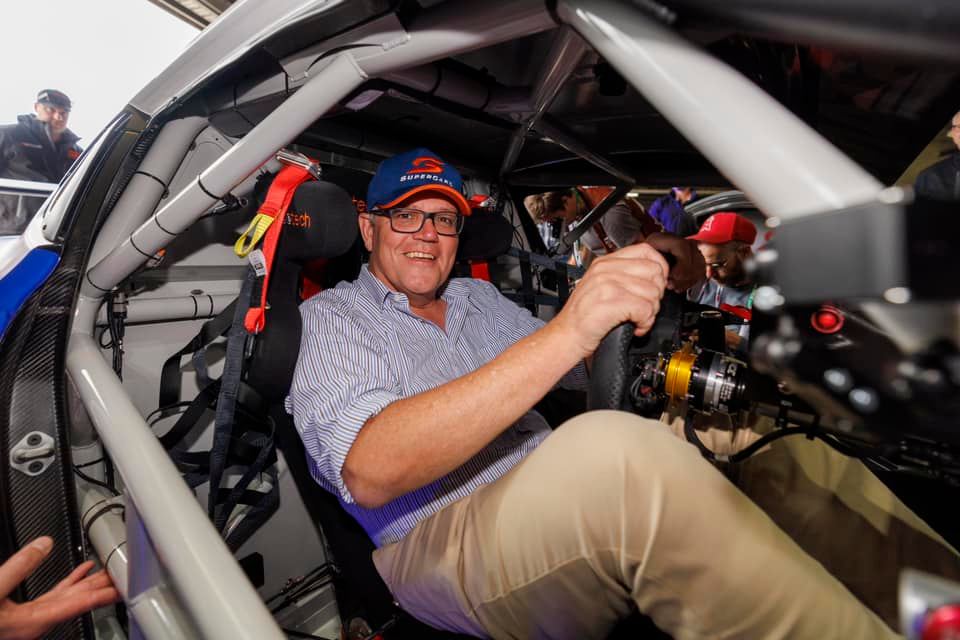
The local car industry has argued for years that a lack of CO2 rules and lax fuel standards have hurt Australian new vehicle buyers because car makers supply the latest tech to markets where they are needed.
“We must not lose sight of the overall positive objective her and that is to reduce CO2 emissions,” Weber said.
“Some governments and commentators seem to lose of this objective and instead focus on the percentage of sales of a specific technology, namely battery electric vehicles.
“The intention behind this approach is certainly positive, however good intentions aren’t always the right path to good outcomes.
“Mandating a specific technology loses sight of the fact there is already a wide range of technologies in the market that supports emissions reductions.”
His comments are partly out of step with those of the Electric Vehicle Council. EV Council CEO Behyad Jafari has long campaigned for CO2 emissions standards – arguing they are a crucial part of the long term picture of reducing the environmental impact of vehicles – but also financial incentives to increase the uptake of electric cars.
“What we see from right around the world is that it’s the combination of the two that is most effective,” says Jafari. “Doing both together is more effective than doing one or the other.”
In the absence of an official CO2 standard and no sign of one coming, the FCAI introduced voluntary emissions targets for its members in 2021. But Weber acknowledged that doesn’t have the heft of a national scheme.
“We continue to urge the federal government to set an ambitious and achievable emission reduction targets,” Weber said.
“Emissions targets not sales targets send the right message to global vehicle manufacturers that Australia is serious about taking action on climate change and allocating appropriate technology to our shores.
READ MORE: EVs in the spotlight as industry sets strict emissions targets
READ MORE: Wishful thinking: why voluntary CO2 targets won’t work
“Set the targets and let the market deliver the technology mix.”
In its statement released to coincide with a media briefing on annual car sales in Australia last week, the FCAI pointed out EVs accounted for just 0.49 per cent of new vehicle sales in 2021.
However, runaway EV leader Tesla and its 10,000 (approx) sales were not included in the data and therefore skewed the share downward by around one whole percentage point.
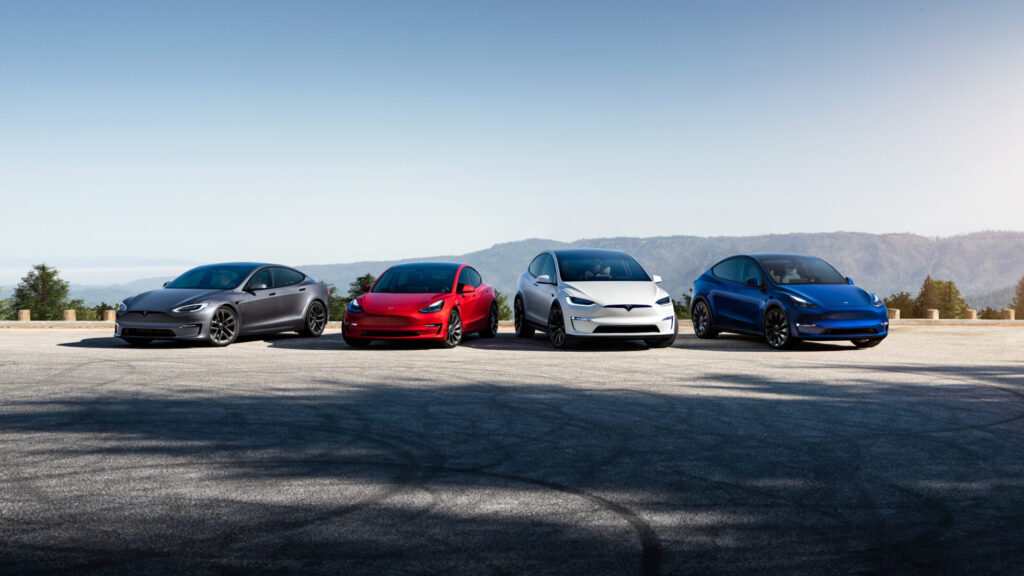
According to a story published in The Canberra Times last Friday this is because Tesla and the FCAI are in dispute over fees the EV brand would have to pay to be included in official sales data.
“Tesla is a member of the FCAI but they don’t contribute to VFACTS data and this is their policy right around the world,” Weber said at the briefing. “It is unfortunate but that is the reality.
“We don’t hide from the fact they sell a number of vehicles in this country and the EV number would be bigger if you put Tesla’s sales in there.
“However, it doesn’t change the basis of our assumptions; the number of full battery electric vehicles is still very low as a proportion of the total market and, yes, it will grow over time and Tesla will be a big player in that market.
“But it still doesn’t take away from the basic message that the penetration of full battery electric in Australia extremely low.”
Weber was most optimistic about improving fuel quality standards, which go hand-in-hand with higher-tech cleaner engines and lower emissions.
Australia currently permits sulphur content up to 150 parts per million (PPM) for regular unleaded and 50ppm for 95 and 98 RON fuel. Global best practice is 10ppm, which Australia should finally reach in 2024 after federal government-backed upgrades to Australia’s two remaining oil refineries.
“We hope the fuel quality issue can be addressed so that Australian motorists and our members we can import cars that don’t have to be modified for Australia’s poor quality fuel, because that will make our cars cheaper and grant us access to a greater range of ICE technologies and that affects not only straight ICE engine but also hybrid and plug in hybrid engines,” said Weber.
“So that’s not only important for today but the future.”

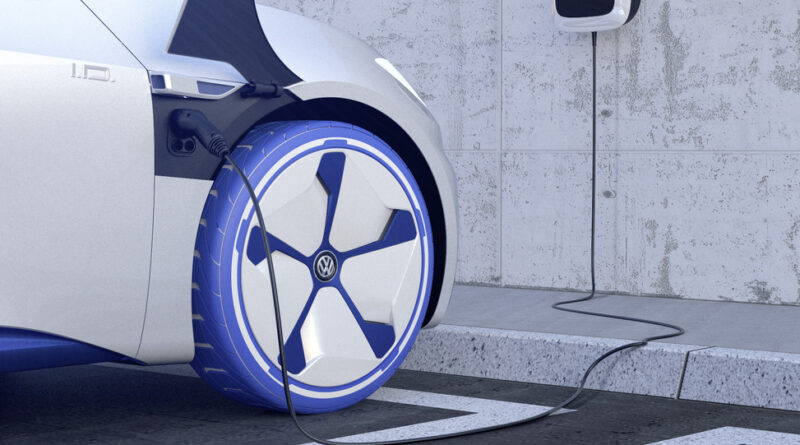
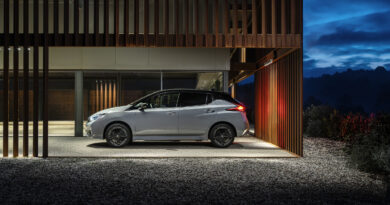
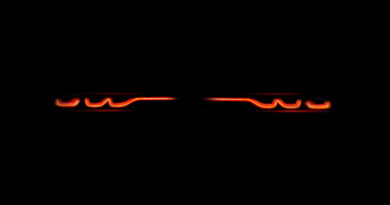

I’d like to support Mr. Weber’s comments except I can’t help reading them as lobbying for Toyota, given their predominant position in funding the FCAI and the fact they have completely dropped the ball on EVs. Yes, pollies should set targets based on the desired outcome and not pick a winning technology but when it comes to the market, it’s all over. It’s EVs and then… crickets.
No issue with lobbying for improved fuel standards. Given we produce bugger all fuel in Australia anyway (what is it, 15% of consumption?) we could do it next week with imports. We are going to have a very large ICE fleet for a couple of decades, so on respiratory health grounds alone our pollie’s inaction is criminal. Let alone the other benefits of improved ICE tech that become available.
I can’t leave without mentioning the other oft used excuse for spending our money on subsidies in propping up fossil fuels and our last two refineries… ‘fuel security’. Obviously EVs have a big impact on that, but what happened to using LPG? Effectively a waste by-product from all that LNG we’re exporting. Where’s the encouragement for using it for our home grown ‘security’ and cleaning up the air quite a bit whilst we’re ‘transitioning’? It even fits into ScoMo’s (embarrassing) ‘gas led recovery’!